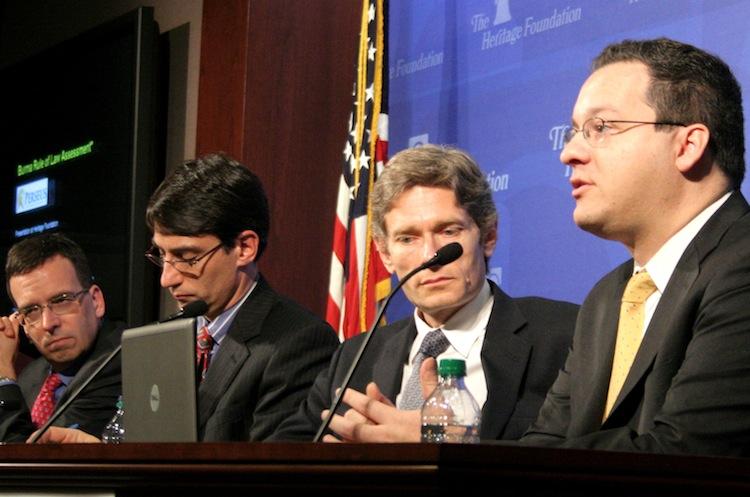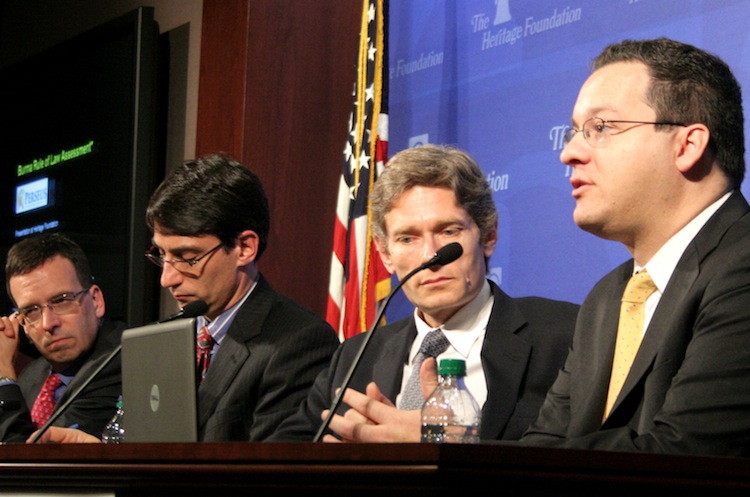WASHINGTON—While the Burmese government is much further along in making reforms toward democracy than one could have imagined a few years ago, it still has a way to go.
The United States has suspended most of its sanctions on Burma (also known as Myanmar), without entirely revoking them. Some human rights advocates think the lifting of sanctions was premature.
At a discussion held at the Heritage Foundation in Washington, D.C., on Feb. 13, representatives of various human rights groups cautioned the United States to move slowly in it’s policy on Burma.
The ultimate aim of U.S. policy on Burma is for the military-led, authoritarian regime to evolve into a democratic government that respects the rule of law and human rights, recognizes the rights of tens of thousands of refugees and internally displaced persons (IDP), and will peacefully settle its long-standing conflicts with ethnic minorities.
In support of the reform process, President Barack Obama with then-Secretary of State Hillary Rodham Clinton visited Burma in November 2012. It was the first time an American president has visited the country. In July 2012, a U.S. ambassador was reinstalled in Burma after a hiatus of 22 years.
In a Human Rights Watch (HRW) report released before Obama’s visit, HRW senior researcher David Scott Mathieson wrote that the removal of U.S. sanctions was premature, and “should have been gradually repealed in line with demonstrable steps to reform.”






